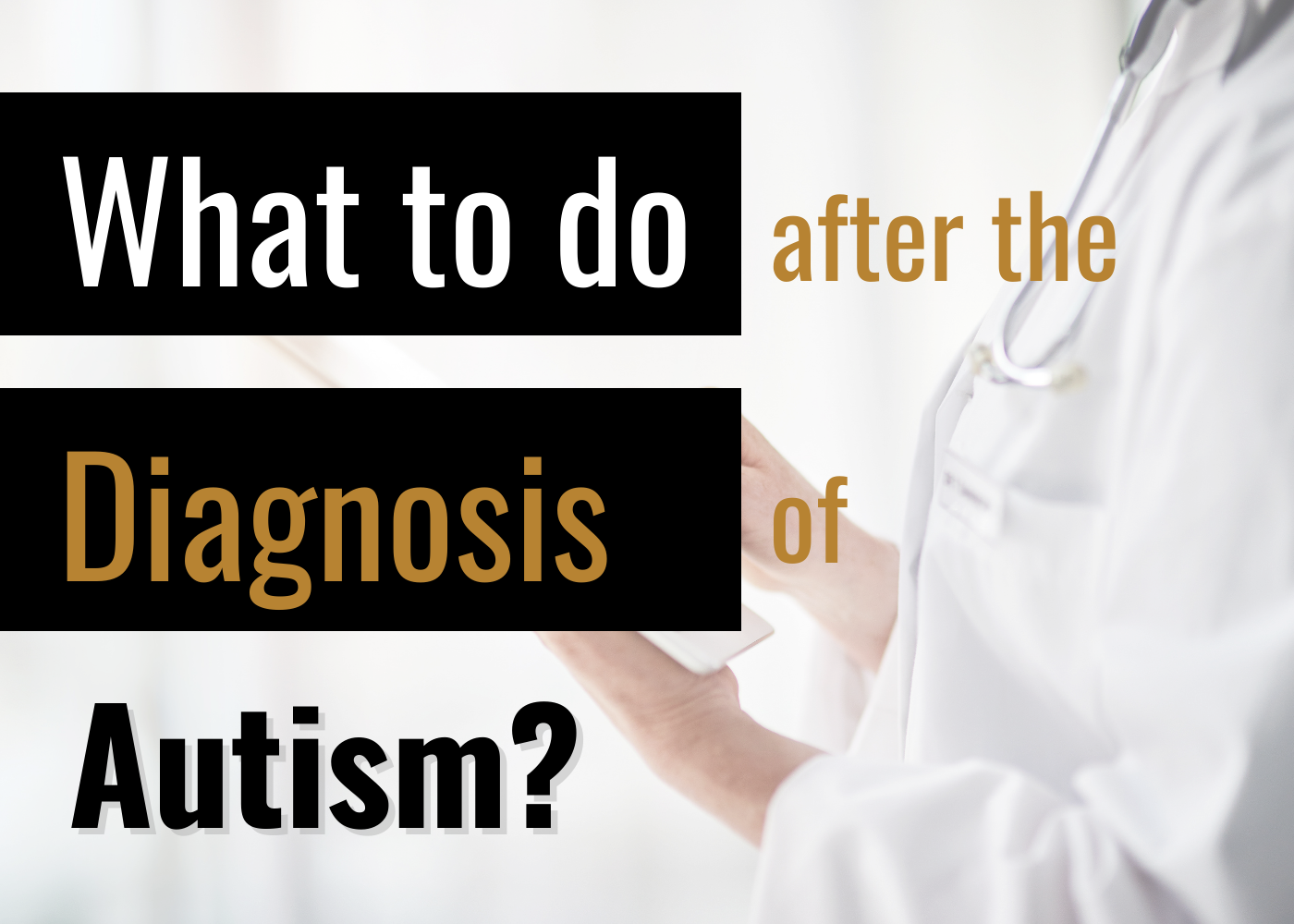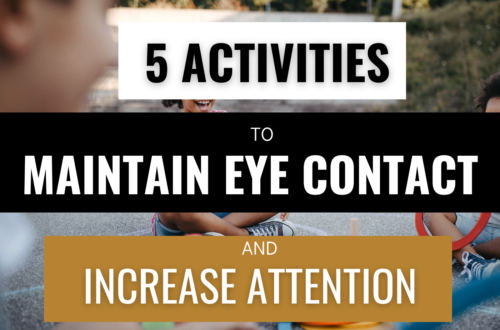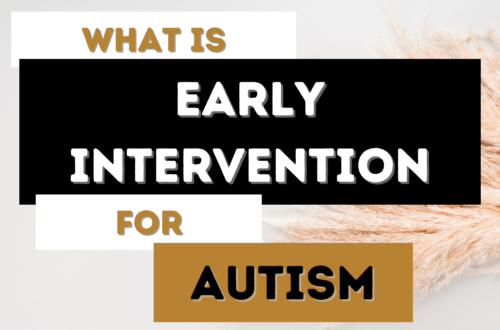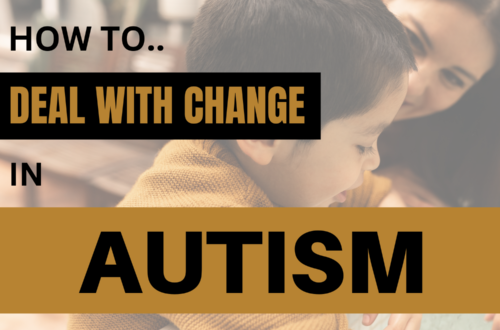What to Do After Diagnosis of Autism?

Have you felt this way after the diagnosis?
Have you felt confused, aimless, perplexed, defensive, demotivated, or helpless after finding out the diagnosis?
Research reported that parents of children with autism spectrum disorder (ASD) felt confused and conflicted with overwhelming information about the diagnosis and how to help their child whether in school or at home (source: “Empowering Parents of Children with Autism Spectrum Disorder”, Amanda Webster).
You have seen piles of report but you don’t have a clue on how to begin and what to do first?
Feelings run from uncertainty, tremendous stress, and frustration. Right?
You are not alone! Many parents feel this way.
I’m here to show you what you can do to help get those important first few steps to get the engine up and running and won’t get rusty and stuck.
Here are 10 TIPS to empower you and get that right mindset at the beginning of your journey!
1. Relax. Take a deep breath.
Probably this is my first recommendation to you. Of all the things you need to do, this is the first step… to take a deep breath and relax.
It is difficult to have this but this is a must when a big force hit us. We can only make sound decision if our mind is clear and uncluttered with worries and stress. When all we have in our mind is a huge problem facing us, we tend to project the problem to others, sometimes showing verbal abuse, aggressive behaviour, defensiveness, or shutting down.
2. Ask for support and understanding from your family (and relatives).
Yes. This is important. Our family is what we have. We journey with our family. Letting them know that you need help in chores and in taking care of your child will help you and your child in the long run.
You should tell yourself that you are not alone in this journey. That, you can depend on other people too, especially your family.
3. Join parents and professionals in nonprofit organizations dedicated to ASD.
Make contact with the people in different organizations as they also experience the same situation. Often times, they hold meetings, trainings, and seminars with professional guest speakers who are experts in the field of Autism Spectrum Disorder (ASD).
4. Find people who also experience autism as they can relate to you.
Read accounts from people who also have autism such as books of Temple Grandin.
One of the best and my favorite books of Dr. Grandin (which I haven’t finished reading) is “Thinking in Pictures”. Among others are “The Way I See It”, “The Autistic Brain”, “Livestock Handling and Transport”, and “Emergence: Labeled Autistic”.
Just an overview, Temple Grandin earned her Doctorate in animal science. She has autism and became a frequent lecturers at autism meetings throughout United States. Amazing!
5. Educate yourself.
Read papers, news, and reliable sources about Autism Spectrum Disorder. You may even enrol on reputable courses available online like mine. Visit my About Me Page section if you are unsure if I capable to train and teach you.
Also, read autism articles from sites that have a strong foundation on autism such as National Autism Center, Autism Speaks, and Centers for Disease Control and Prevention.
6. Find out if you are eligible for services or funding in your local place.
The support groups you are connected with can help provide the information you need to get started.
7. Get on the waiting list.
As autism spectrum disorder is on a rise, there is a long wait list for many parents. If your child is still young and needs early intervention program, contact the school provider you want him/her to enrol and ask for services available.
Book an open house to find out the school system and structure they have so you know how they would teach your child. This will help you decide what school would be best for your child. This will also save you time due to incompatible school.
This also applies to therapy centres that you want your child to enrol in.
It’s better to be early than miss the opportunity for early intervention.
8. Collect your child’s records to keep track of his progress.
Have a binder or folder where you keep your child’s records given by doctors, therapists, and teachers. You can pull out some records when you need them in the future.
Try to pile them by year so you would see the progress of your child.
9. Don’t forget that your child needs you. Interact with your child!
With all of these tips, the most important thing is to not forget your child. You might get busy with all the chores and tasks you need to do, take one step at a time, and don’t forget that your child needs to learn to interact with you, as this is one of their difficulties.
10. Stay healthy and take care of yourself.
This goes back to number 1. You need to relax once in a while to have that right mindset. Being healthy in mind and body is important for you to move forward.
If you like these 10 TIPS, download your PDF copy down below to guide you on what to do after the diagnosis.




